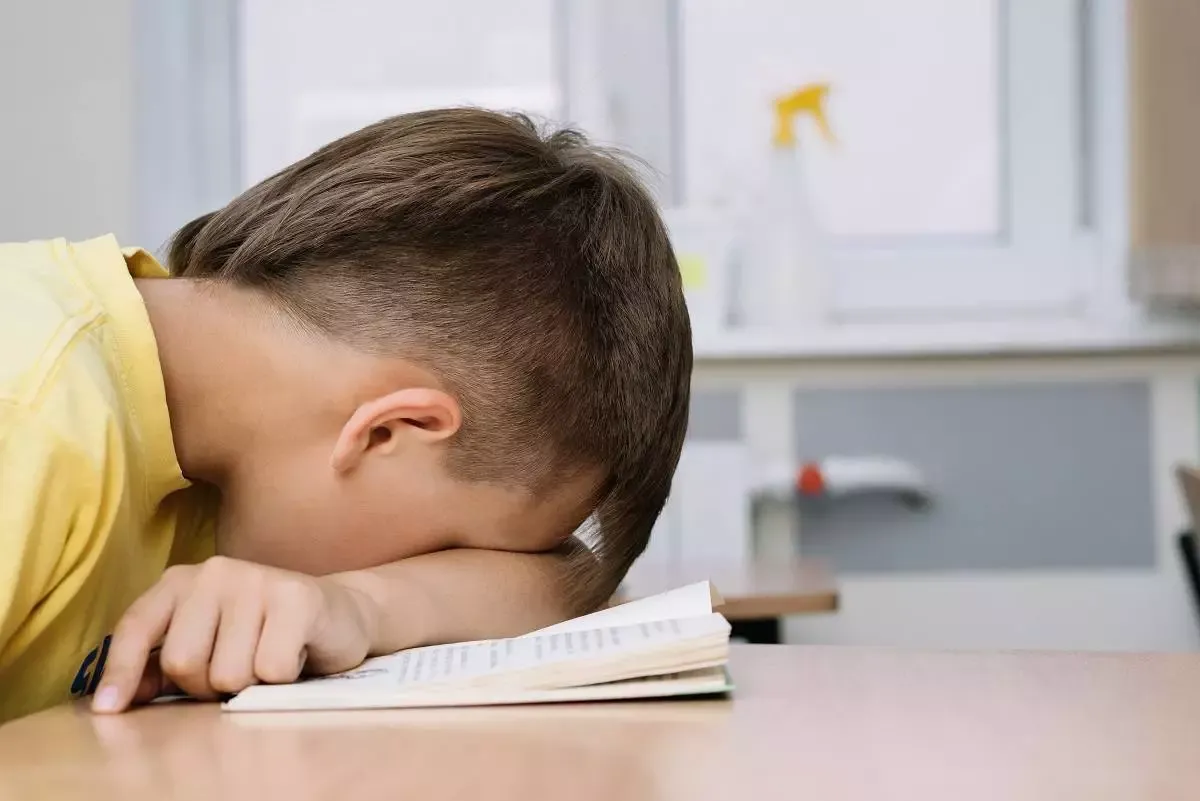
COVID-19 has been harsh on everyone — there’s no other way to put it. For families, becoming enmeshed in a cocoon eventually starts to take its toll, especially on the children. As they navigate the world of virtual learning and try to live their day-to-day without any physical interaction with their peers, you might start to see signs of burnout in kids and will have to learn about how to help your child deal with quarantine burnout.
If you notice tell-tale symptoms that your child is burned out — if they are easily irritable, have low appetite, or are unmotivated in general — try to be a pillar of support for them. The days will continue to feel longer as the months pass, but this doesn’t mean that there’s nothing you can do to prevent deterioration in your child’s overall well-being. With that said, here are some things that you can do to help your child. Read on.
Encourage Them to Follow a Routine
When children are following a routine, they’re more likely to reduce the amount of screen time they spend daily. What’s more is that a routine helps to provide your child with a feeling of purpose, especially during times where they may be restricted in doing outdoor activities more than usual.
To build a routine, think about what your child does in a typical day. If they have online classes, factor these into their schedule. Say for example their classes start at 9, have them wake up at least an hour prior, so they can eat their breakfast and prepare for the day. After classes, allow your child to spend a few moments doing something productive such as making art, learning an instrument, or practicing a sport in your own backyard.
When followed consistently, a routine can bring comfort and a sense of normalcy to your child’s life, despite the circumstances. Although the pandemic is riddled with uncertainties, when your child feels like they can exercise some control on their own time, then it might help relieve their stress and improve mental health.
Keep Them Active
With nothing much to do outdoors, and having to spend most of their time at home engaging in online classes, your child may be tempted to be less active during this time. There’s nothing wrong with this, of course — after all, your child doesn’t really have much of a choice. But over time you’ll find that a lack of physical activity might be negatively impacting their health.
As much as possible, you’ll want to join your child in doing physical activities. After online classes, for example, they can be encouraged to join you in performing simple home exercises and stretches just to get their heart pumping. Exercise has also been known to increase levels of serotonin in the brain, which in turn can improve mood and other areas of your child’s health.
Normalize Negative Emotions
Even if you might want to protect your child from negative emotions such as stress, burnout, and mental fatigue, there will be days when you won’t be able to. For example, they may simply just tell you that they want to spend their weekends resting in bed and just watching random videos on YouTube.
Instead of forcing them out of their bed during these days, you have to just let them be. Let your child know that feeling uneasy or stressed out about the situation is normal and that they can take a short break.
While you’re allowing your child to embrace what they’re currently feeling, it’s also important that you help them engage in healthy coping mechanisms. Create a healthy space for them to talk to you and share different ideas on how they can better deal with the situation.
Key Takeaway
Most parents have been able to figure out how to help their child deal with quarantine burnout but if in any case you haven’t, then there’s no need to worry because there are a few things you can do to support your child.
As mentioned before, pandemic fatigue may manifest in your child in several ways — be it through irritability, increased stress levels, and so on. Take this time to help your child build a routine that allows their days at home to feel more structured. Also, remind your child that it’s okay for them to feel such things.
Then when they’re ready to take on the situation, collaborate with them to come up with fun, yet meaningful self-care ideas like exercise or hobbies. The best piece of advice is to try to be there for your child as much as you can — hear them out and let them know that they won’t be alone when they do feel burned out.






-logo.png)



